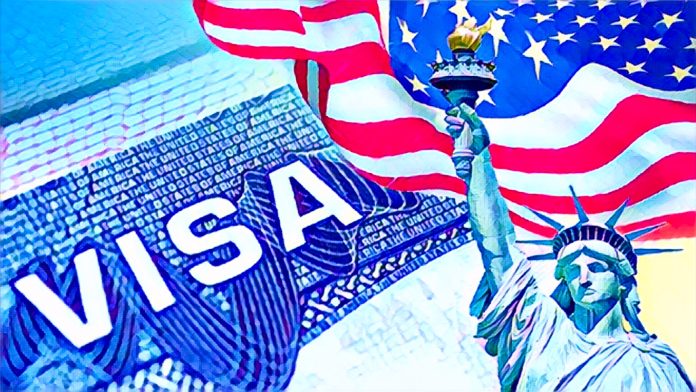Key Points
-
U.S. suspends new student visa interviews worldwide.
-
Nigerian applicants cannot schedule visa appointments for now.
-
New social media screening rules prompt temporary freeze.
The United States has suspended new student visa interviews for applicants around the world.
This decision, which immediately affects Nigerians and others, is part of a broader policy review to strengthen social media screening.
U.S. Secretary of State Marco Rubio issued the directive in a cable sent to embassies on Tuesday. It orders consular sections to halt new appointment scheduling for F, M, and J visa applicants until further notice.
This change means that students hoping to study in the U.S., including thousands from Nigeria, cannot currently schedule the mandatory interview step in the visa process.
However, interviews that were already scheduled before the directive will still go ahead.
Rubio confirmed that updated guidance on how social media profiles will be vetted is expected soon.
Thousands of Nigerian students now face delays and uncertainty
Many Nigerian students attend American universities for both undergraduate and graduate programs.
The U.S. student visa interview suspension has disrupted their plans and raised new concerns about access to international education.
The U.S. government has argued that foreign students contribute to a climate of antisemitism on campus.
As a result, the suspension is seen as part of a wider crackdown on international student presence in American institutions.
In recent weeks, the Trump administration has taken several aggressive steps. It revoked Harvard University’s Student and Exchange Visitor Program certification and froze $2.3 billion in federal funding. The Department of Homeland Security blamed the school for refusing to share behavioral data on its international students.
Visa revocations increase as legal challenges mount
The administration has already revoked hundreds of visas. Over 600 international students in more than 90 colleges recently lost their legal status. This includes several Nigerians.
One of them, Cynderila Patrick, filed a lawsuit after the government revoked her student visa. She had graduated from Youngstown State University in Ohio.
Last week, a federal judge ruled that the U.S. government cannot terminate student visa status while legal challenges to the previous terminations are still in court.
Despite this, Rubio told Congress that the State Department had likely revoked thousands of visas. He warned that more revocations could follow.
“A visa is a privilege, not a right,” Rubio said. “We’ll continue revoking the visas of individuals who disrupt our educational institutions.”



